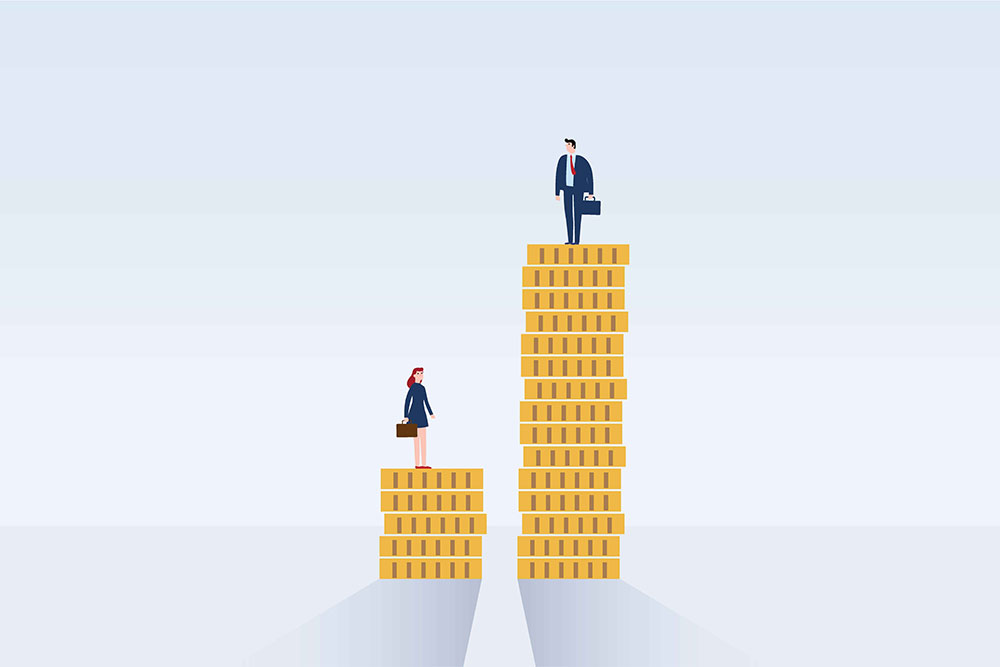As per a recent report by the World Economic Forum (WEF), it will now take about 135.6 years to achieve gender equality. The ongoing COVID-19 pandemic has put the world behind a generation delaying parity by 36 years.
Saadia Zahidi, managing director at the World Economic Forum, told CNBC that “100 years to global gender parity was already not good enough — and now (it is) 136 years globally. The pandemic has had a massive impact, and essentially rolled back a lot of the progress that was made in the past.”

One of the reasons for the widening of the gender gap is that businesses which were largely due to the pandemic mostly employed women. “Whether that’s travel and tourism that’s shut down globally, or (the) consumer and retail sector that has been impacted in so many countries, these are large employers of women,” Zahidi further told the portal.
Another factor that contributed to the above is the fact that women took on additional responsibilities at home as schools closed and shifted classes online.
“Women, including white collar women who are working from home, are now under a sort of double shift scenario, where they are primarily responsible for care responsibilities in the home, while at the same time obviously working under increased stress in the workplace,” she said.

You may recall, the Global Gender Gap Report 2021 also highlighted that India stands at a dismal 140 of the 156 countries. The country has slipped 28 places, and is the third worst performer in South Asia. Last year, the country had ranked 112th among 153 countries.
Most of the decline was seen in the political empowerment subindex, where India went down by 3.5 percentage points, with a significant decline in the number of women ministers.
*All pictures are for representational purposes only.